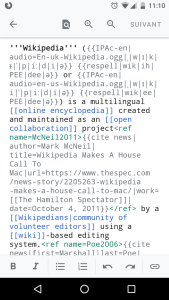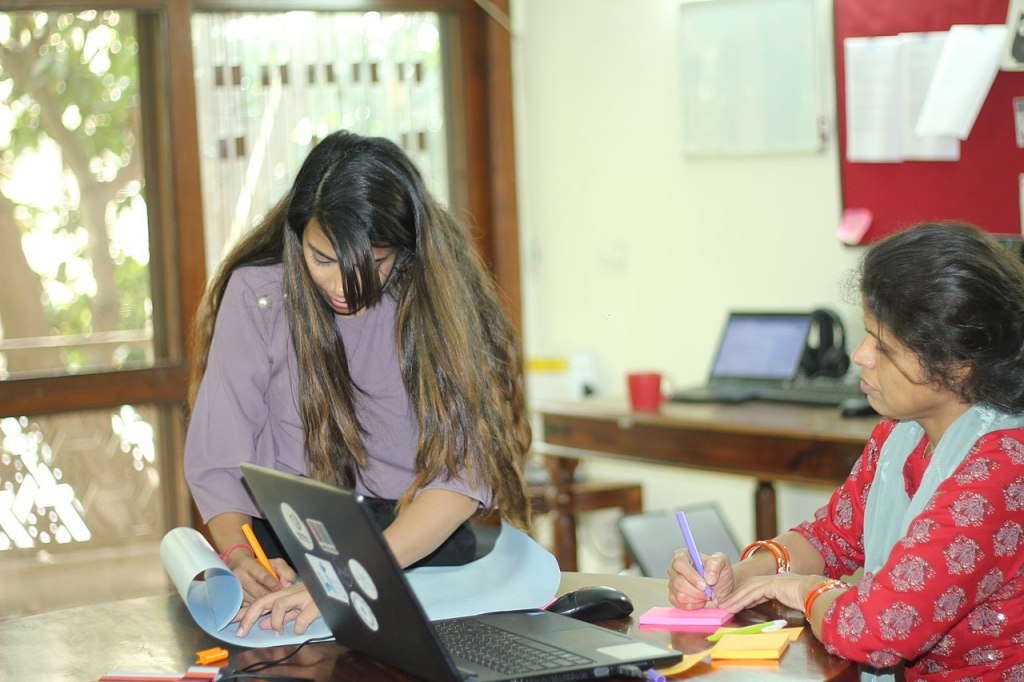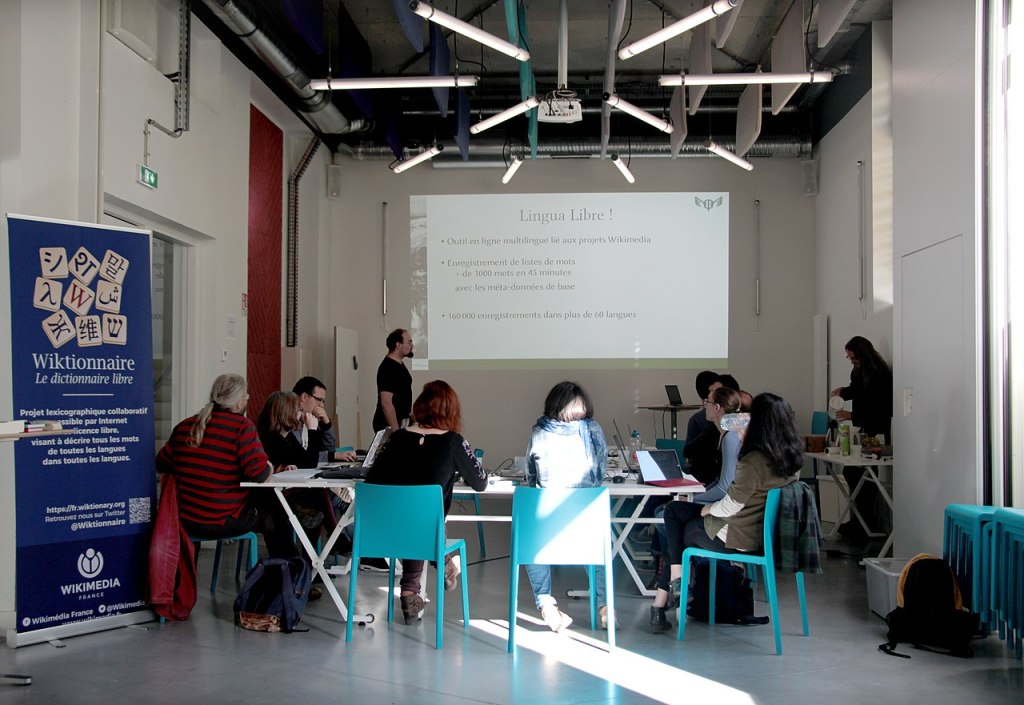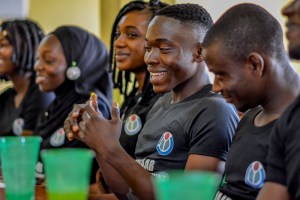Over the past six months, Wikimedia communities across the globe have been discussing a series of nine topics in order to help shape Wikimedia’s strategy for 2030. Among those topics was Product & Technology, which is of course a major point of interest for our web-based community. Thus, Wikimedians from an incredible variety of backgrounds got to discuss it and share their thoughts, which were gathered by seven Strategy Liaisons, both online and offline.
This Top 5 is an attempt at synthesizing all this feedback into major topic areas and, also, a way to open discussions here for all stakeholders – editors, volunteer developers, staff – to be able to share their views and start a conversation. They reflect the needs of a growing movement, both in terms of broad ideas as well as specific requests for features which all give insight into the overall priorities of the Wikimedia community. Together, these needs are best met by actors from across our movement, including the Wikimedia Foundation, volunteer communities themselves, affiliates, and partners.
#1 Mobile Editing

Easy mobile editing is probably the most widely shared hope across all five continents! From Venezuela to South Africa, from Bangladesh to France and from Egypt to Guinea, everyone is on the same page: development of mobile editing is a must.
Though most users admit that writing an article will always be more enjoyable on a computer, they also think many smaller tasks could be made easy on mobile: upload pictures on the Commons app (currently broken), adding Wikidata items, write captions, etc. Mobile editing would play a particularly huge role in empowering editors in emerging communities, where most people access the internet on their phone or tablet devices.
#2 Improved User Experience
Improved user experience and gamification have also been a main topic of discussion. Wikimedians wish our projects platforms could include more modern features, like drag-and-drop in Commons, avatars on talk pages, or harmonized citation formats across language versions.
They also wish to find more coherence in the editor’s experience and ideas were given around including external tools into the default experience, without the need to enable tools in preferences or to look for them on ToolServer, as for the translation tool, crop-tool or video2commons. Thus, new users would more easily discover all these great features our community has developed over the years.

#3 Integrated Sister Projects
From Hindi Wikisource to French Wiktionary, many contributors observe that sister projects lack dedicated software development, while they would sometimes only require a few features to reveal their great potential. Today, tools are often developed and reinvented across language versions and projects, for absence of a coordinated approach to sister projects, and lack of dedicated developers. The example of Wikidata, greatly developed and supported by Wikimedia Deutschland, is a model for many volunteers who think that affiliates or groups could specialize and likewise support specific projects.
Wikimedians also wish sister projects and Wikipedia would form a fluidly interconnected ecosystem, for example with Wikipedia’s infoboxes pointing towards relevant connected resources on Wikisource, Wiktionary, etc.

#4 Improved communication around technical support, requests, and volunteering
Many users don’t know who to turn to when they have a technical request, or even when they want to get involved as volunteer developers. People have proposed several ideas to improve this situation, like simplifying communication channels, teaching non-tech users to report issues, making technical documentation more accessible, or even building a global collaborative map of current tech projects so that people can easily see what is going on, and quickly join and help.
#5 Support for emerging communities

As emerging communities face heightened contextual challenges, such as lack of devices and internet access and low digital literacy, they are especially keen to benefit from greater knowledge sharing and capacity building from across the global community to help grow their work into thriving projects. That is why, especially in Africa, local User Groups often desire greater help supporting offline-oriented projects like Kiwix or lighter Wikipedia versions. Minority languages have also expressed interest in easier language localisation and help to build technical tools like language-specific keyboards.
Of course, all broad ideas or more specific requests could not fit into these five points – feel free to add to the list and share it in the comments! Also, note that the strategic recommendations will touch upon these points in many ways, but will probably not address all of them directly. This summary tries to bring in the most recurring ideas that emerged along conversations, while recommendations strictly look at how we should organize the structures of our movement.
In any case, we can already start discussing these ideas right here, wondering how we can all work, as stakeholders and individuals, to make them happen!
This post was created with writing support by Diane Ranville.
Read also
- Wikimedia Partnerships: Top 5 Themes from Community Conversations
- Capacity Building: Top 5 Themes from Community Conversations

Can you help us translate this article?
In order for this article to reach as many people as possible we would like your help. Can you translate this article to get the message out?
Start translation